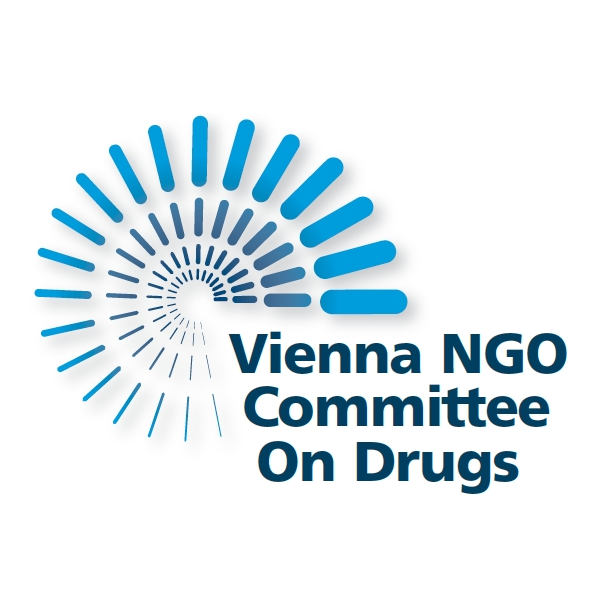Civil Society Task Force
On the margins of the 61st CND the Vienna and New York NGO Committees signed the Memorandum of Understanding establishing the new Civil Society Task Force (CSTF) to ensure meaningful civil society participation in the process leading up to and during the Ministerial Segment 2019.
Building on the successful experiences of Beyond 2008 and the UNGASS 2016, a similar structure was approved for the Ministerial Segment of 2019 to serve as the official liaison between the United Nations and civil society in the preparatory process of and at the Ministerial Segment.
The CSTF’s overall goal was to secure a comprehensive and meaningful participation of civil society actors in the Ministerial Segment preparations. The CSTF is composed of 35 members representing geographical regions and affected populations.
Reflecting back, we are really happy with what we were able to deliver – including the outstanding civil society speakers that we were able to select for the CND Intersessionals and the High-Level Ministerial Segment itself, the two Civil Society Hearings in New York and Vienna, and the Civil Society Consultation for which more than 450 NGOs responded. You can find more details about all of these activities here as well as in the CSTF Evaluation and Final Report.
CND Ministerial Segment 2019
The Ministerial Segment and the 62nd CND took place March 14-22 2019 in Vienna. More than ninety civil society organisations took part, and nearly hundred side events were organised, many were sponsored or co-sponsored by NGOs. The Civil Society Task Force itself co-sponsored five side events on diverse topics such as „Collaboration between government and civil society on health promotion, prevention, and treatment of drug use“ and „Addressing stigma: continuing the discussion“, and following an open call nominated speakers for all of them.
The presence of civil society was strongly felt throughout the week and half, beginning with a statement on behalf of civil society by the CSTF Co-Chair, Jamie Bridge, at the opening ceremony.
The Ministerial Segment itself included two round-table discussions, where the CSTF was able to nominate one panelist and two speakers from the floor for each.
The discussion on „Taking Stock“ saw panelist Abdul Karim from the Singapore Anti Narcotic Association (SANA) talked about Singapores „Harm Prevention“ strategy and how the strong partnership between civil society and the government is one of the critical success factors. Isabel Pereira-Arana from Dejusticia, represented civil society on the panel „Safeguarding the Future“ and spoke of the importance of aligning drug policy with human rights, especially highlighting the regional experiences in Latin America.
Following up on the CSTF Full Results Report on the Global Civil Society Consultation published in February 2019, the Task Force captured its achievements and outcomes in a Conference Room Paper submitted by Switzerland on behalf of CSTF during the Ministerial Segment.
Last but not least the Ministerial Declaration itself also included the mention of civil society and the importance of including stakeholders such as civil society in future discussions. The ministerial declaration titled „on strengthening our actions at the national, regional and international levels to accelerate the implementation of our joint commitments to address and counter the world drug problem“ was passed in consensus at the beginning of the Ministerial Segment and builds on the 2016 UNGASS Outcome Document and the 2009 Political Declaration. As in previous documents civil society is mentioned specifically as an important partner. Furthermore the ministerial declaration encourages the CND to hold inclusive discussions on effective strategies to address and counter the world drug problem at all levels, involving relevant stakeholders such as civil society.
